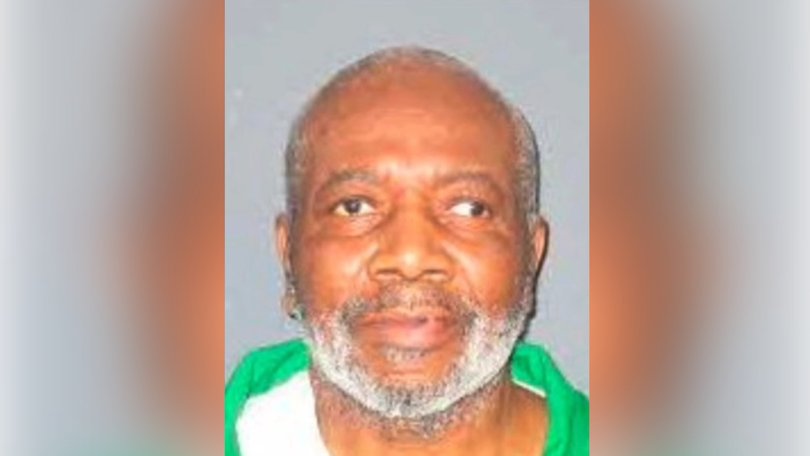Fred Singleton: South Carolina’s longest-serving death row inmate dies
Fred Singleton had spent decades on death row for rape and murder.

South Carolina’s longest-serving death row inmate has died after spending 42 years in prison.
Fred Singleton, 81, had been behind bars since 1983 when he was convicted of rape and murder before he was sentenced to death in 1985.
He sexually assaulted a 73-year-old woman and strangled her to death with a bedsheet.
Sign up to The Nightly's newsletters.
Get the first look at the digital newspaper, curated daily stories and breaking headlines delivered to your inbox.
By continuing you agree to our Terms and Privacy Policy.On October 11, the South Carolina Department of Corrections said Singleton died of “natural causes” in a post to X.
“Inmate Fred Singleton died of natural causes at Kirkland Correctional Institution’s infirmary Monday,” the post said.
“Singleton, 81, was the longest serving resident of South Carolina’s Death Row, having been convicted of murder and rape in 1983.”
Singleton’s fate was the subject of much legal wrangling in the courts after a 1990 ruling that he could not be executed because he was mentally incapacitated due to brain damage.
As a result, he was handed a life sentence instead of a death sentence, The State reported.
But in 1991, the State appealed this decision and sought permission to give Singleton medication that would ensure he was competent for execution.
The Supreme Court found that forcibly medicating a death row inmate for the purpose of execution would violate the State’s constitutional right to privacy.
The decision said inmates must be free of unwarranted medical intrusions.
However, the court decided Singleton’s death sentence should still remain in case advances in psychological treatment allowed him to regain capacity.
If such treatment returned Singleton to what the state considered to be an appropriate mental state, then he could have been executed.
Singleton’s passing came after a death row inmate who had maintained his innocence was executed last month.
Victor Tony Jones, 64, was convicted of stabbing a married couple to death more than 30 years ago.
On September 29, he entered the death chamber at Florida State Prison where he was strapped down to a bed and given a lethal injection.
Watching on was Irene Fisher, daughter of Jones’ victims Matilda Nestor, 66, and Jacob Nestor, 67.
Jones had been working for a medical supply business owned by the couple in Miami in December 1990 when he stabbed Ms Nestor in the neck.
He then stabbed Mr Nestor in the chest, who fought back and managed to get into the office and obtain a gun, which he fired five times, striking Jones in the forehead once.
When police found Jones at the scene of the murders, his pockets were filled with the couple’s money.
A jury found him guilty of two counts of first-degree murder and one count of armed robbery.
Before he was given a lethal injection, Jones was asked if he had any final words, to which he replied, “No, sir”.
The supervising warden shook Jones’ body and shouted his name several minutes after the poison was administered, but he remained still, his face drained of colour, the Daily Star reported.
A medic pronounced him dead at 6.13pm, and he became the 13th person executed in Florida this year.
